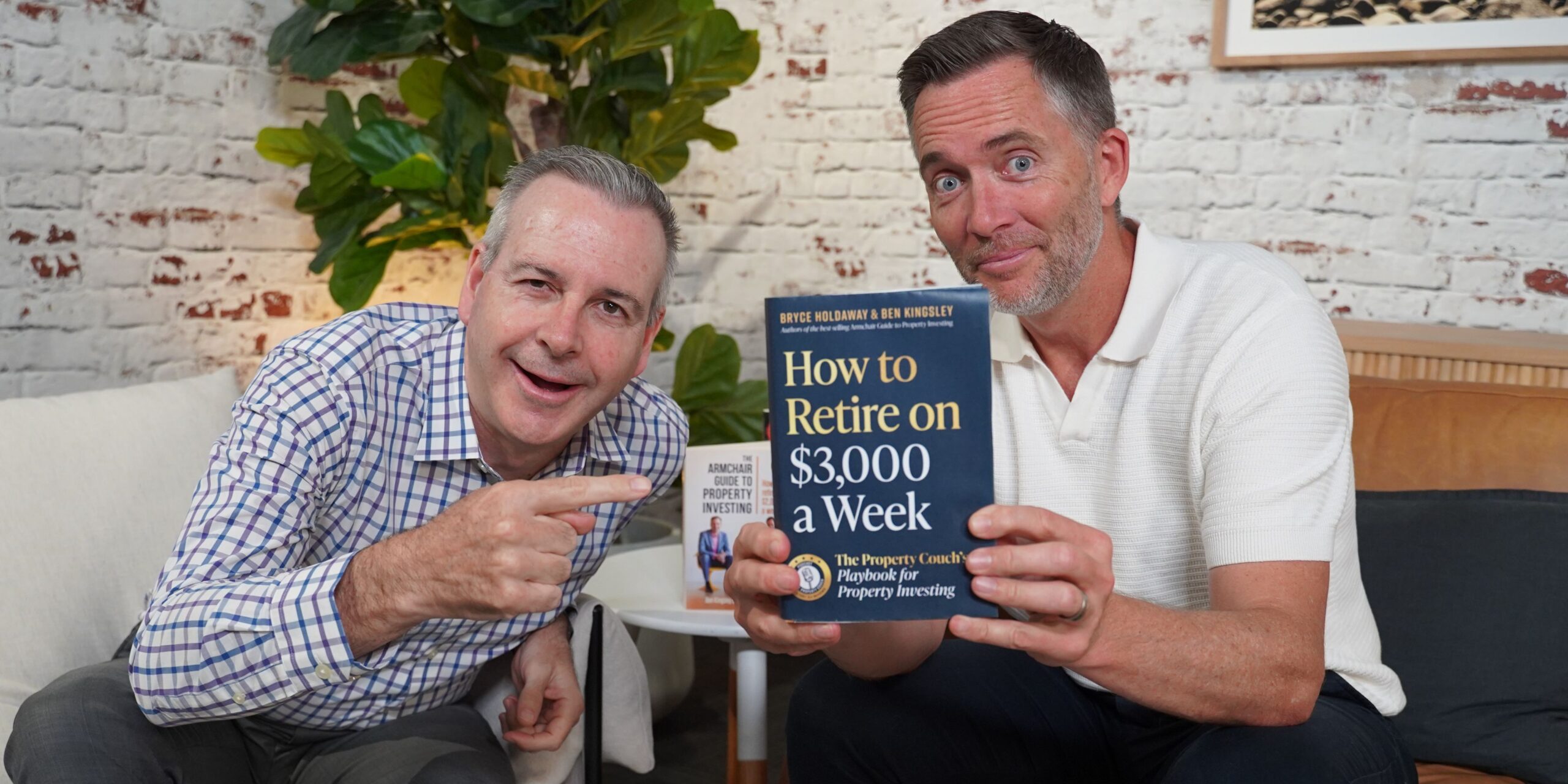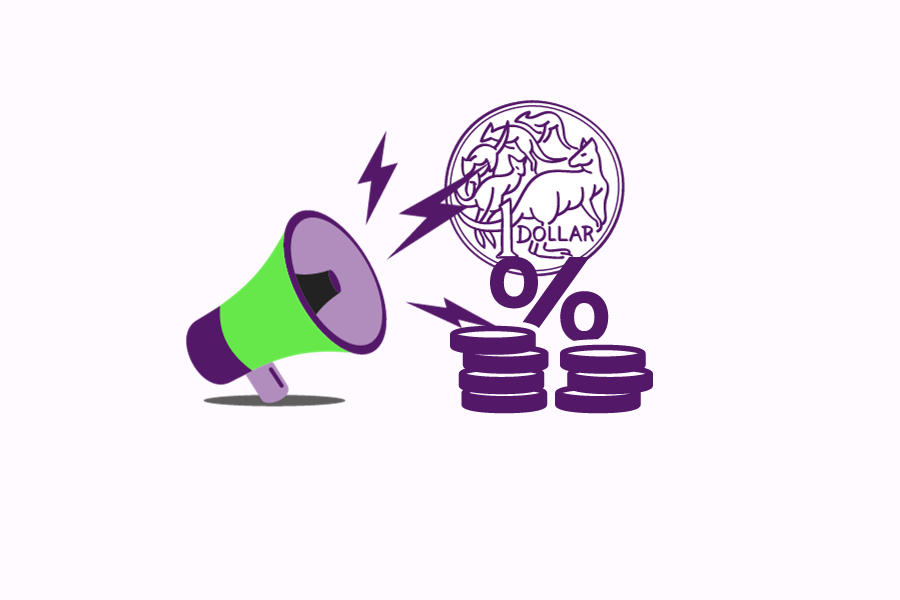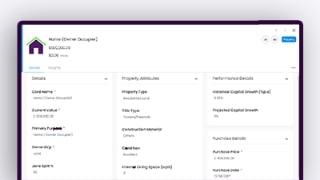In today’s digital age, social media and property apps are constantly influencing our decisions, often without us even realising it. Every time you see a “thumbs up,” a “top 10 suburb” ranking, or a notice that “1,000 people have viewed this property,” you are encountering social proof—our human need for social approval.
While social proof can offer a sense of reassurance, it can also lead us away from rational decision-making, particularly in property investment. In our latest video, we explore the impact of social media on your property decisions and share practical strategies to overcome this bias through automation and disciplined research.
Watch the video to learn how to recognise social proof, understand its effect on your investment choices, and make decisions that truly align with your financial goals!
Transcript:
You notice when you log into that favourite property app, or any app for that matter, around social media, there’s always these little nudges, these little bumps that just sort of pop up in front of your face to confirm your overall thinking. You know, when you see that property that says a thousand people have looked at this or this suburb currently is ranked in the top ten of the best suburbs in the area that you’re looking at. Or when you look on social media, you get the one thing that is the most common used icon out there, the thumbs up.
All of them are there for what is now called social proof, something we’ve had for absolute millennia.
We’re social beings, human beings. We need to get social approval. We want social approval. We act in ways that clearly are designed to make us fit into the collective. That’s what we do. It’s how we work.
But in the current new world, we have never had more impact and more influence from social proof in history. The impact of actually picking up your phone and logging on to almost anything will put you in front of social proof at almost every single touchpoint, and property is no different.
As I just talked about, they have deliberately now got in front of your eye line the kind of information that will confirm,
“Actually, this is where I want to be. This is the house that I need,” rather than want, because they are trying to nudge you into that.
And that’s why social proof, although it’s good to have a social scenario and good to confirm your views, can throw you completely off what you’re trying to do. Particularly for us as property investors, because as an investment, this is something that we want to be reasonable and rational about rather than something that’s based on emotion, because emotion is absolutely driven by social proof.
You need that emotional support, that emotional drive, and that emotional confirmation that comes from having social proof. So how do you get past it? Particularly in this world where, as I said, all of those social medias, all of those property apps are trying to give you a nudge, are trying to use social proof slightly against you?
It’s around two things: automation and research discipline.
Automation gets you out of the biggest issue with social proof because, again, we are trying to be reasonable and rational with it. You have things like your offset accounts, things like your loans, things like your overall cash flow, and your taxation done through automation so that you can’t get influenced by social proof.
Then the one that really does matter, which is coming down to reasonable rational decisions. What are your non-negotiables? What are the absolute reasons that you’re doing it? It’s not to confirm your social standing; it’s to move your wealth in the right direction.
And therefore, that’s the other part of this: the research that comes with it, ignoring what social media is telling you and looking at the absolute rational movement that you need inside it.
Why are you getting this property?
What’s the goal of the direction of this property that you have?
Why is this area being attractive?
Because the research has told you or because social media has told you?
It’s the first thing that we need to concentrate on. That’s how you get through social proof because we understand right now, no time in history has social proof been all over your decision-making. Having that automation and research backing can get you through it.












